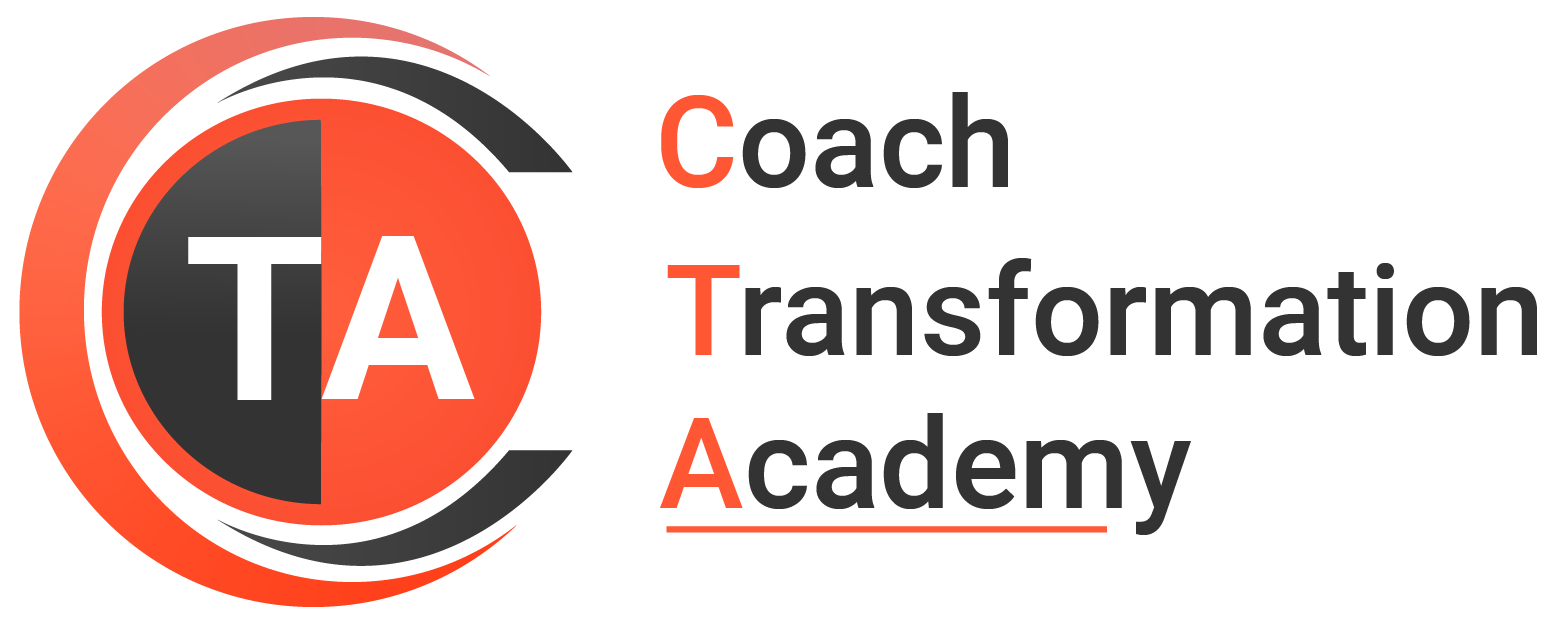International Coach Federation (ICF), European Mentoring and Coaching Council (EMCC), and Center for Credentialing and Education (CCE), are some of the major global organizations that offer credentials to professional coaches around the world. In this blog, we will discuss in detail about the BCC credential.
As a coach, your training and certification carry credibility, especially if it bears the global coaching organizations’ accreditation. Such non-profit organizations provides affiliation to coach training programs and institutes. Having set the standards for coaching competencies and code of conduct, these organizations offer coaches credentials, giving credibility to a coach’s competency and skills.
What is BCC?
BCC stands for Board Certified Coach. BCC Credential signifies that a professional is now a coaching credential holder, adding credibility to his/her competency. The credential is provided to those who have met the coaching competency standards of the Center for Credentialing and Education (CCE). Moreover, getting a BCC credential is proof that the coach has fulfilled the following eligibility criteria as a professional:
- Completion of all learning and training modules
- Pass a coach-specific exam that is psychometrically sound
- Adequate experience in professional coaching
- Peer coaching references
- Liability towards coaching ethics
- Committed to continuing education
A BCC credential strengthens the holder’s identity as a professional coach. It makes it easier for him/her to get clients or work in an organization as an internal coach.
What is a BCC Credential? Who can get a BCC Credential?
BCC credentialing requires the aspirants to fulfill specific requirements in their education. Due to the multiple overlaps in coaching and counseling competencies, CCE has set the following criteria.
| Qualification | Education | Certificate | Training | Experience |
| National Certified Counselor (NCC)/ State licensed counsellors | Master’s degree or higher
|
Active NCC credential or state counselor license (LMHC, LPCC, LPC, etc.) | Minimum 30 hours of coach training from CCE accredited institute or trainer | 30 hours of post-certification coaching experience with individuals, groups, or organizations |
| Master’s/PhD in Counseling | Master’s or higher degree in counselling | Minimum 30 hours of coach training from CCE accredited institute or trainer | 30 hours of post-certification coaching experience with individuals, groups, or organizations | |
| Doctoral Degree (Social/Behavioral Sciences) | Doctoral degree in Behavioral/Social science (accepted fields – business, marriage, management, social work, family therapy, psychology, education, law, medicine) | Minimum 30 hours of coach training from CCE accredited institute or trainer | 30 hours of post-certification coaching experience with individuals, groups, or organizations | |
| Master’s or Higher Degree (Social/Behavioral Science) | Master’s or higher degree in Behavioral/Social science (accepted fields – business, marriage, management, social work, family therapy, psychology, education, law, medicine) | Minimum 60 hours of coach training from CCE accredited institute or trainer | 30 hours of post-certification coaching experience with individuals, groups, or organizations | |
| Bachelor’s or Higher Degree (any field) | Bachelor’s or higher degree in any field of study | Minimum 120 hours of coach training from CCE accredited institute or trainer | 30 hours of post-certification coaching experience with individuals, groups, or organizations | |
| Coaching Credential + Bachelor’s or Higher Degree | Bachelor’s or higher degree in any field of study | Active coaching certificate (submit a copy for review at CCE) | A minimum 60 hours of coach training from a regional or national training program | 30 hours of post-certification coaching experience with individuals, groups, or organizations |
| 5 years Coaching Experience + Bachelor’s or Higher Degree | Bachelor’s or higher degree in any field of study | A minimum 30 hours of coach training from CCE accredited institute or trainer | A minimum 2500 hours of coaching experience over a span of 5 years or more with individuals, groups, or organizations |
Each applicant will have to:
- Pass the BCC examination.
- Furnish the sealed transcripts of educational qualification from the respective institute.
- Provide an endorsement form by a professional reference.
- Provide an experience form completed by a colleague, supervisor, or professional coach.
One has to complete 70 hours of continuing education in the 5-year recertification cycle (CCE will determine). 4 hours must be in the ethics category. The remaining 66 hours must fall under one of the six BCC competencies. You can get more detailed information on BCC Credentialing Requirements here.
Conclusion
Hope this blog will give you a clarification on BCC Credential. Coach Transformation Academy provides CCE, EMCC and ICF Certified coach training courses. Upon completing the coach training with CTA, you can become a certified professional coach. Contact here to know more about the courses available.







